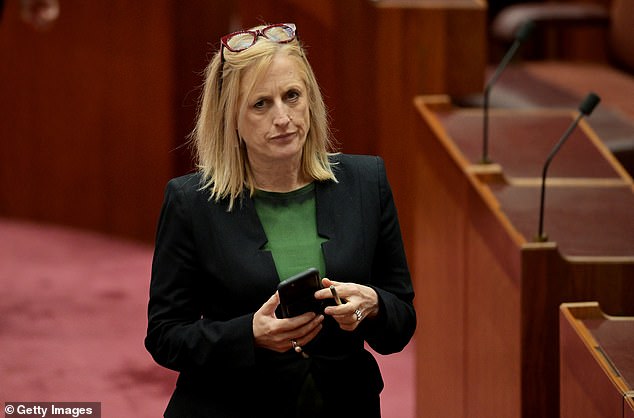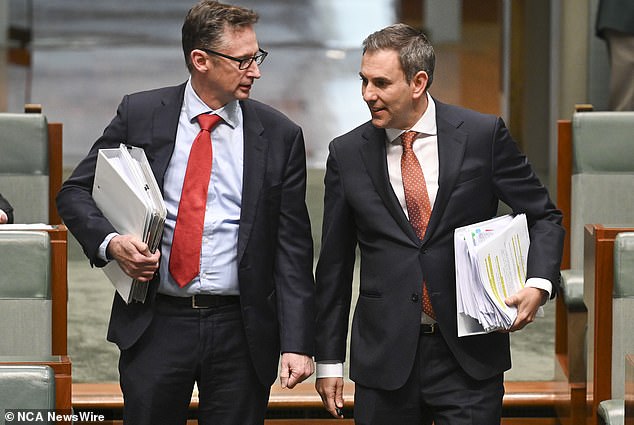Although the country’s finance team (Treasurer Jim Chalmers, Finance Minister Katy Gallagher and Assistant Treasurer Stephen Jones) do not have a single economic qualification between them, let’s hope they are getting good advice from the government bureaucracy.
Because economic conditions over the coming months and possibly years look set to worsen. We need the Albanese government to take appropriate policy measures to prepare us for what is about to hit us as a nation, as well as to help minimize the duration of the bad times ahead that will ruin lives.
Next week, the national accounts will be published, giving us an update on the state of the Australian economy.
The market expects very slow growth, perhaps to the point of the economy contracting. In other words, a negative economic quarter could be in the offing. Personally, I doubt it, but growth will be anemic.
We are already in a per capita recession, which means that we as individuals are becoming poorer by the day. And we have been in a per capita recession for over a year now, but the economy as a whole has not, so far, gone into recession, even though citizens are suffering.
This is due to rapid immigration, which increases the population base and therefore supports overall growth figures, although, as individuals, we are becoming poorer.
But high immigration brings with it unintended disadvantages, such as the upward pressure it puts on house prices, coupled with the increased difficulty it causes for younger Australians trying to access an already tight rental market.
Supply cannot meet demand.
Neither Treasurer Jim Chalmers (pictured right) nor Assistant Treasurer Stephen Jones (pictured left) have a financial background.

Finance Minister Katy Gallagher (pictured) studied sociology at university. She is now responsible for the country’s finances.
If the national accounts confirm that the economy is weakening, we will see further evidence of a slowdown in consumption, investment and construction, which also means that the Albanian government can say goodbye to its electoral promise to build 1.25 million new homes, a target that is already on track to be missed.
The next step in this journey into economic oblivion is a weakened labor market and rising unemployment.
These are all global problems that are currently affecting Western democracies. The difference, however, is that similar countries in other parts of the world have already seen their inflation figures drastically reduced.
No, no. Last week we saw just how persistent inflation is in Australia, with the latest figures being worse than the market had expected, despite the Labor Party’s artificial efforts using the energy rebate in the Budget to temporarily reduce the headline inflation figure.
Meanwhile, the Reserve Bank has already indicated that it does not expect to cut interest rates in the near term, which is in stark contrast to what central banks have done in countries such as the United States, New Zealand and Canada.
All of their central banks have lowered interest rates because their governments have gotten inflation under control again. Our government simply hasn’t done that.
Lower inflation and rates make it easier to manage an economic downturn like the one about to hit. If the RBA is unable to cut rates to help manage a downturn due to persistently high inflation, the risks to the economic well-being and security of Australian citizens are high.
This is not the Reserve Bank’s fault.
It is a conundrum that the entire Albanese government has created, along with state governments. They did not have to spend as much in recent budgets as they have, or use handouts to try to buy votes before elections. And Chalmers certainly did not have to calibrate tax cuts in a way that would contribute to high inflation.
These were all decisions that our financial team, with no economic background, decided to make.


